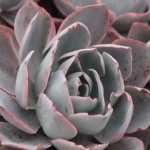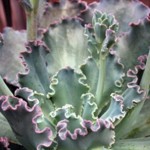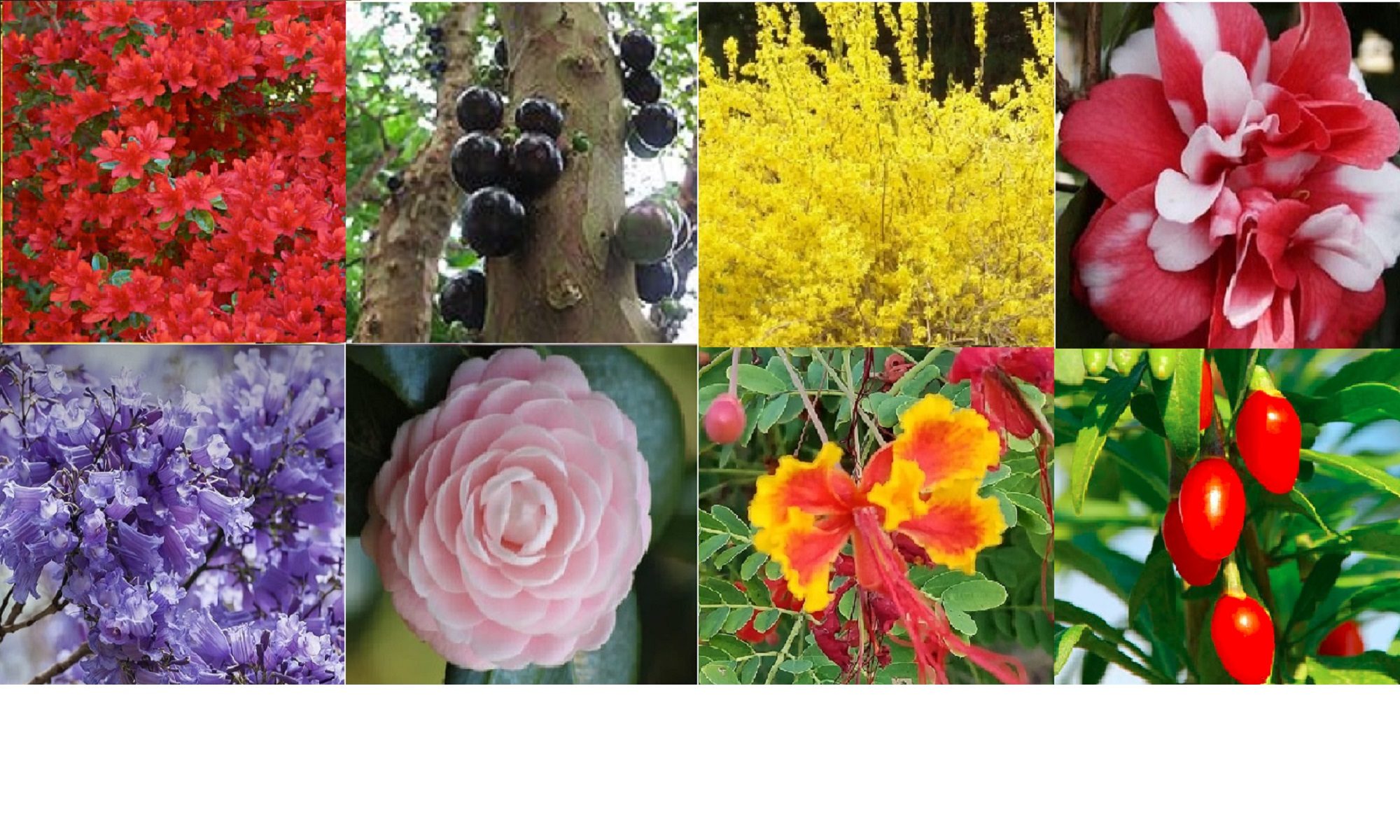
Echeverias, not to be confused with chick and hen succulents grow great in rock gardens, containers and in some parts of the USA in the ground. They do tolerate cold better than some varieties of succulents. Echeverias grow into magnificent plants with a very wide variety of leaf types – some very colorful. Vary Echeverias such as truffles or giant blue will get large and create a fantastic center pieces that are used florists for weddings and other occasions.
Echeverias succulents are easy to grow as long as you treat them properly. Just like any flowering succulent, the soil must be porous and we do advise using sand because most sand retains water. It highly advised that you put a layer of rock between the soil mixture and the leaves to prevent left damage and left rot. Older leaves will dry up and fall off from the bottom up. The soil mixture you use for adeniums and other succulents will work great when growing Echeverias. Do not use potting soil or soil that contains peat; if at all possible coir is better. Make sure the soil is drying out before each watering just as you would with any succulent. Look for echeveria hybrids from AdeniumRose Company in march including rare,extra large blue giant, neon breaker and others succulents.

The pots should have drainage holes (put a rock over the holes so it does not get full of dirt). Most people growing succulents like to use ingredients like perlite, pumice, scoria, gravel, coir and other material.
When you water always try to prevent watering leaves if at all possible or insure that the water either evaporates or rolls of the leaves to prevent leaf discoloration. Just like succulents Echeverias does not like standing water on them.


My plant leaves are turning brown and falling off. The plant is a Echeveria Ruffle. Thank you